It's not every day someone spends nearly ten months floating above the Earth. Astronaut Barry 'Butch' Wilmore did exactly that, staying aboard the International Space Station (ISS) for an unexpected 286 days—far longer than the planned eight-day mission, according NASA.
Now, after Wilmore safely returned to Earth in March, his wife, Deanna, is opening up about the biggest changes she's observed since he's been back.
Wilmore, originally from Tennessee, launched into space alongside fellow astronaut Suni Williams on June 5, 2024. Due to technical issues with their Boeing Starliner capsule, what was meant to be a brief stay turned into a staggering nine-month mission. Even their rescue crew, Crew-9, faced delays in returning, resulting in an extended time away from home.

While the public often marvels at the physical changes astronauts undergo due to extended time in zero gravity, there's far more to adjusting back to Earth than we might realize. Deanna Wilmore recently spoke with WVLT News about her husband's recovery and adjustment.
“Barry does say gravity is not his friend right now," Deanna explained. "And you know the stamina is not there, and so they do have to rest and relax quite a bit because they’re just not strong yet.”
This isn’t uncommon—astronauts often spend months reacclimating to Earth's gravity after returning. While in space, daily exercise is mandatory, with astronauts completing two hours of physical activity each day to minimize negative health effects once back on Earth.
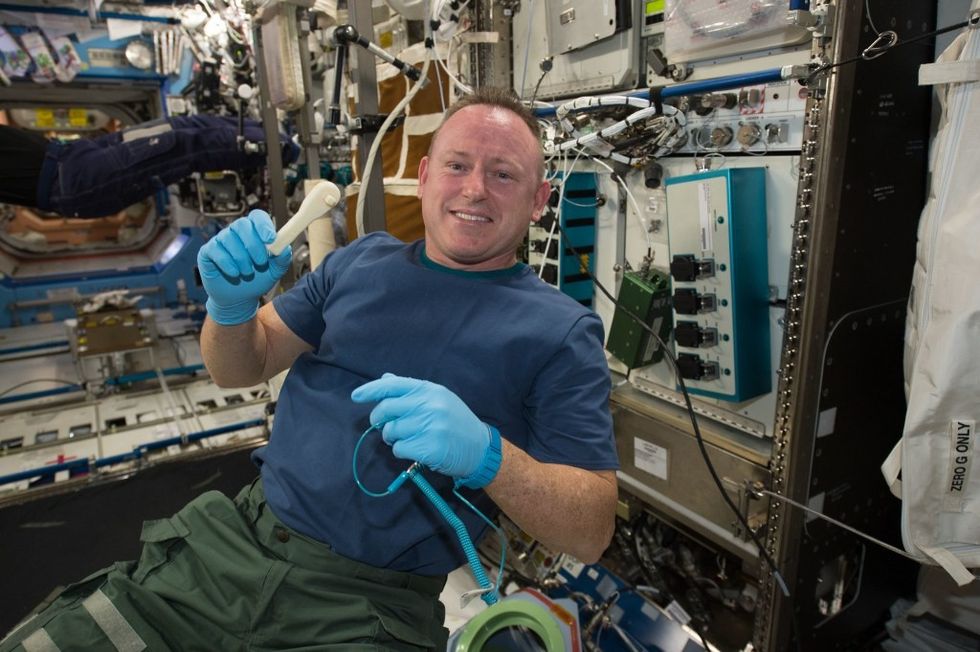
But physical challenges aren't the only hurdles. The emotional toll of prolonged separation from loved ones is significant, too. Deanna expressed heartfelt gratitude for the global community's prayers and support throughout this challenging time.
“From East Tennessee and all over the world, really, we had so many people tell us they were praying for it,” she shared. “We certainly appreciate all those because we know that the Lord answers prayers and that he brought Crew-9 home safely, and those prayers definitely helped do the job.”
Wilmore and his crew weren't alone in facing the challenges of re-entry. Fellow astronaut Suni Williams has also spoken openly about her own readjustment experiences. Though the journey back to normal life is difficult, the outpouring of global support and well-wishes has undoubtedly made it easier.
- YouTubewww.youtube.com
Wilmore's 286-day mission highlights not only the physical demands of space travel but also the profound emotional resilience required from astronauts and their families.





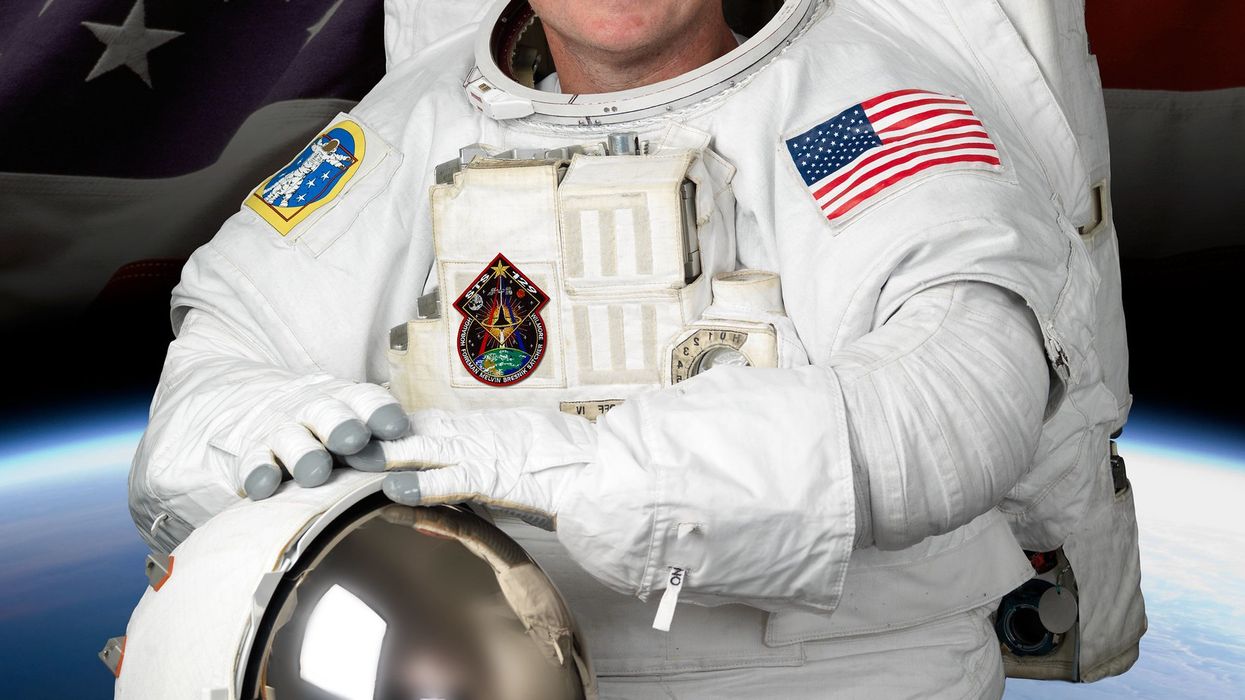






 It wasn't even February, so she wasn't expecting what came next.
It wasn't even February, so she wasn't expecting what came next. 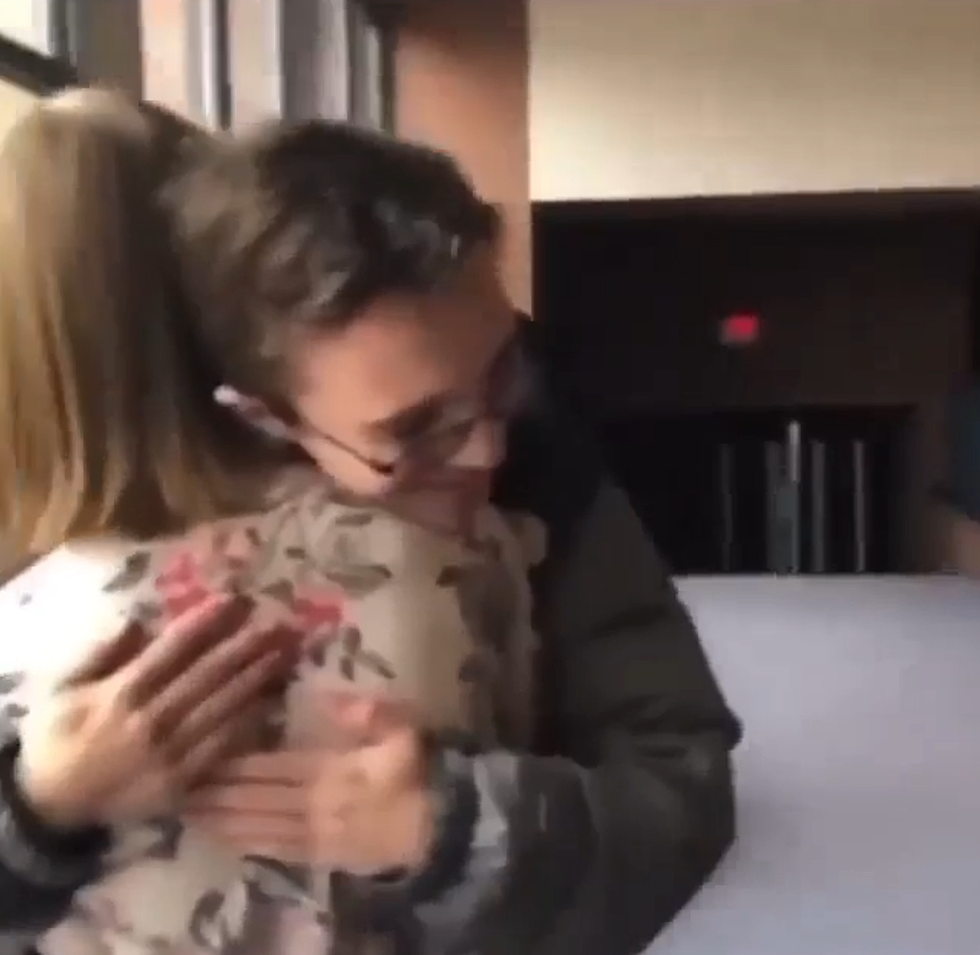 The hug came first, the 'yes' took a few moments more.
The hug came first, the 'yes' took a few moments more. 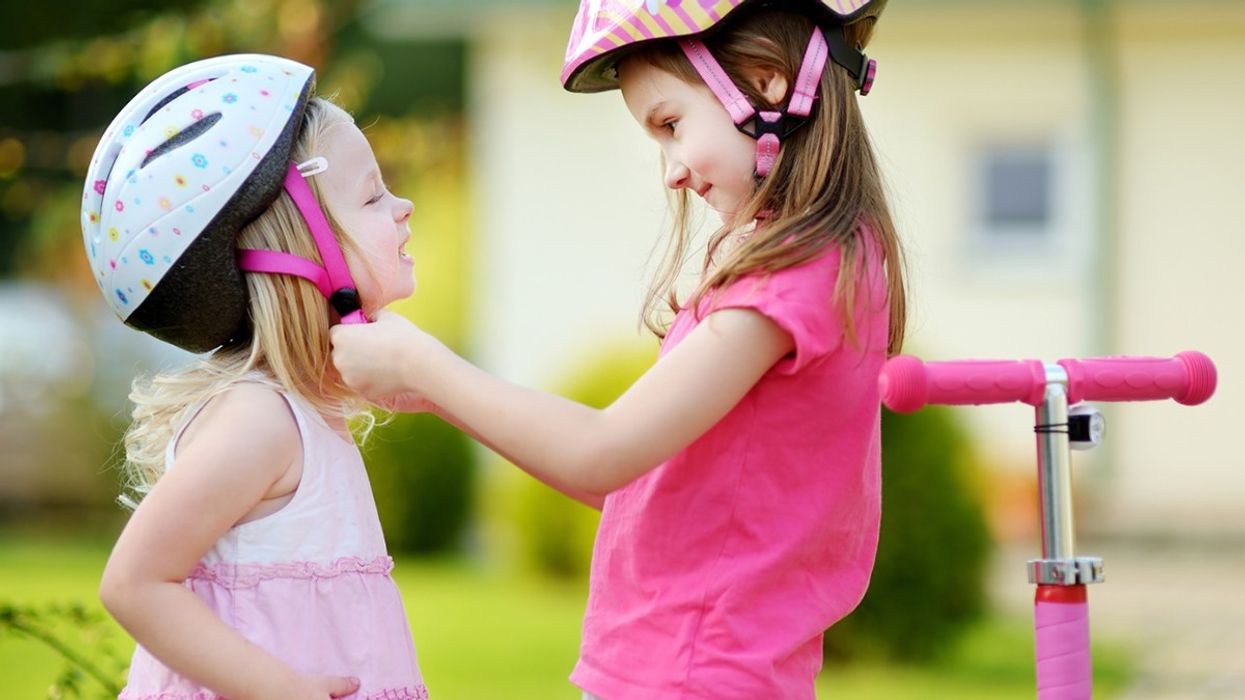


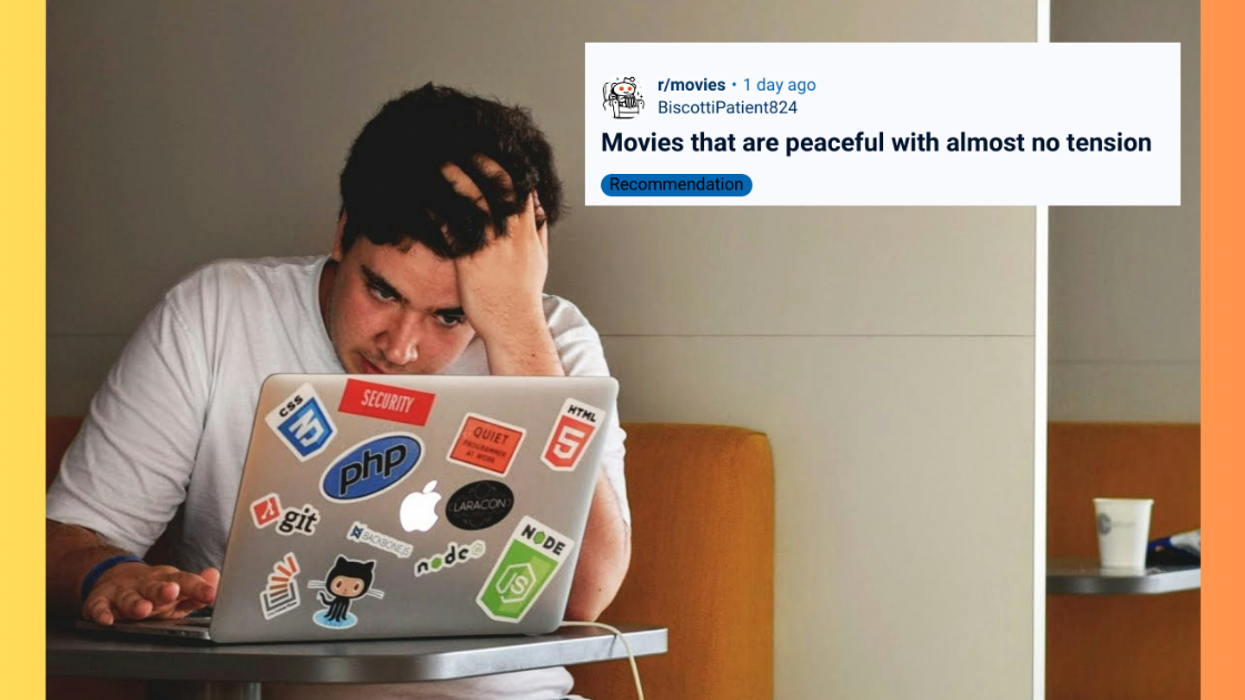
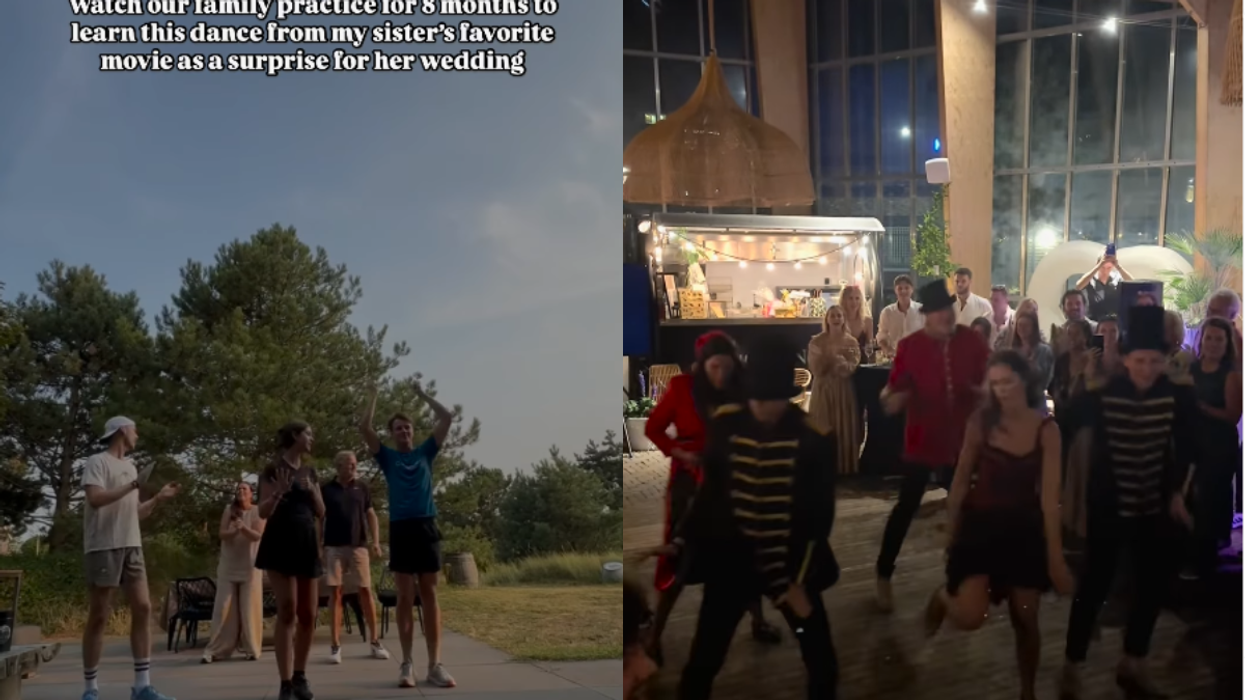

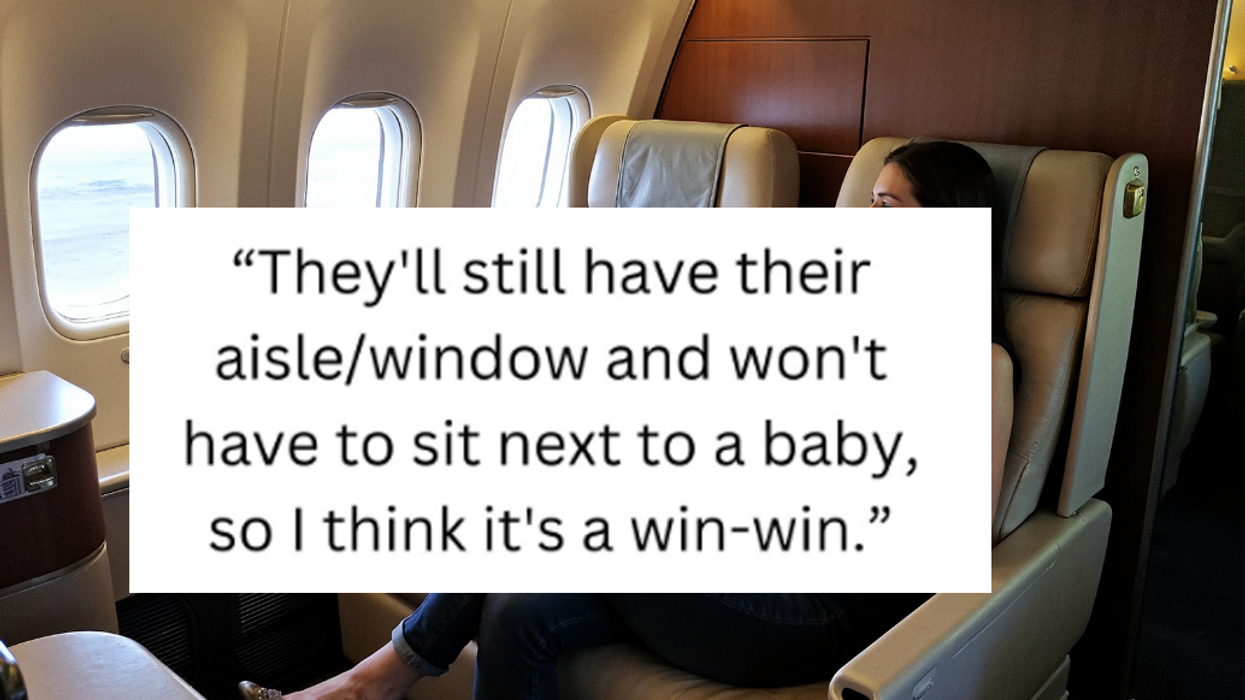
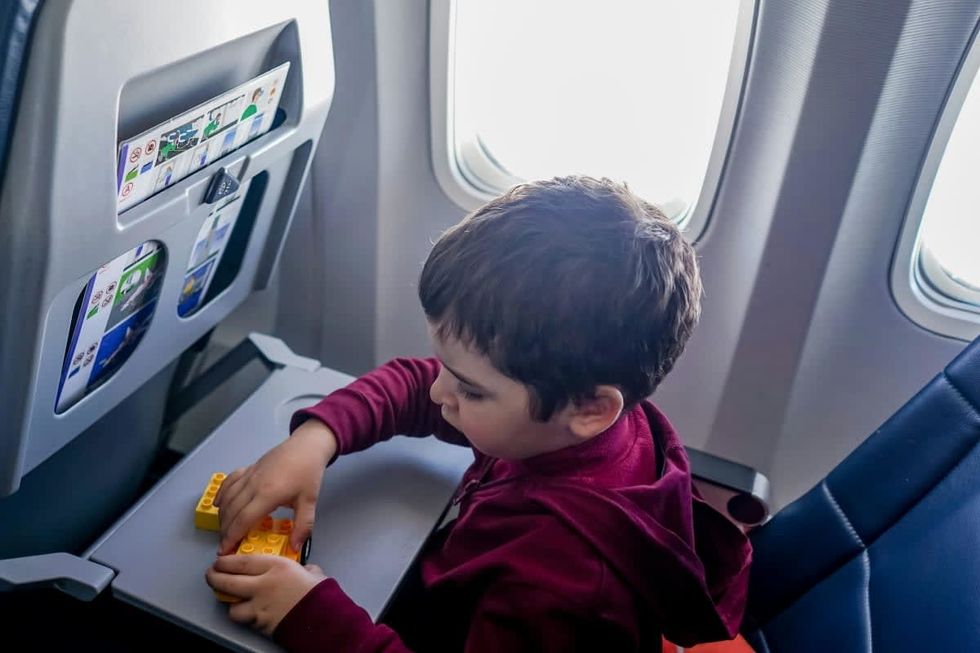 Representative Image Source: Pexels | Oleksandr P
Representative Image Source: Pexels | Oleksandr P  Layout of the plane seatsImage Source: Mumsnet |
Layout of the plane seatsImage Source: Mumsnet | 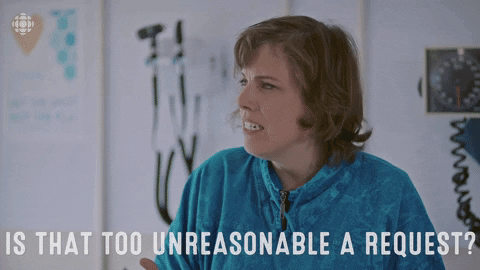



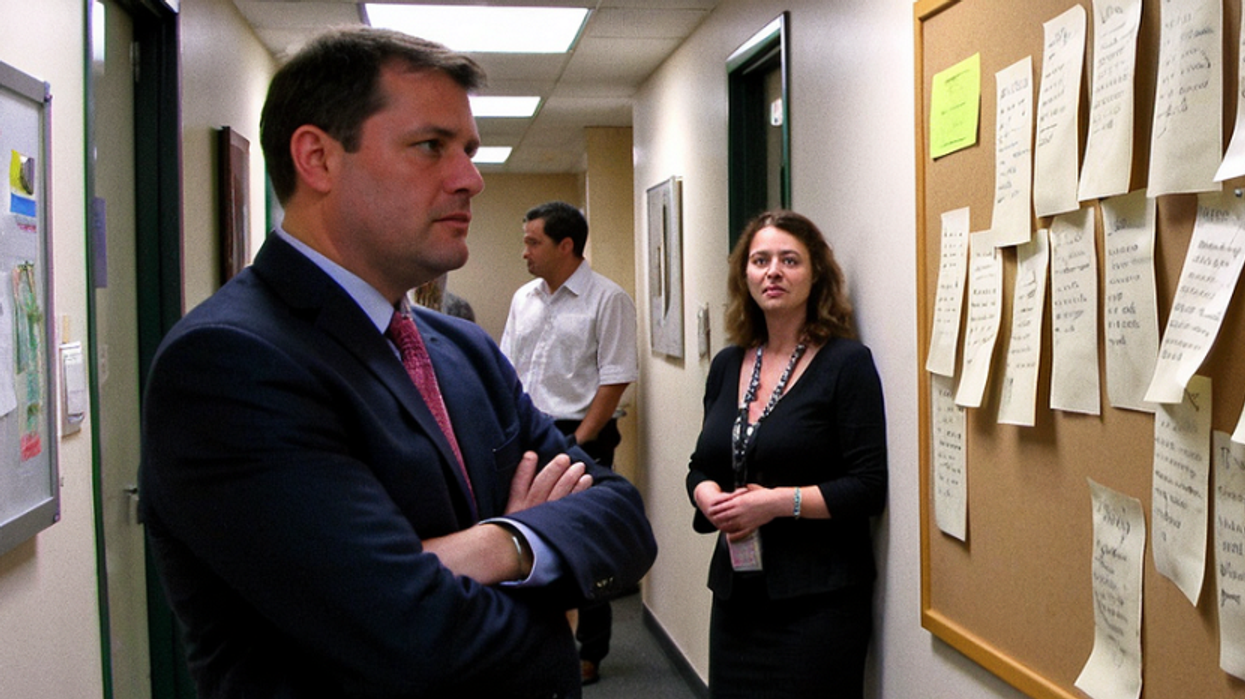
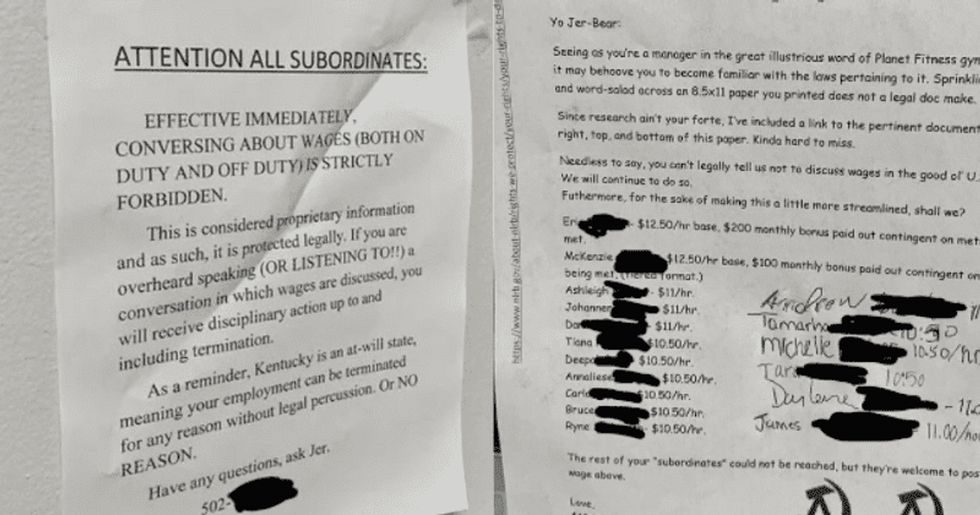 Image Source: Joshua Potash | Reddit
Image Source: Joshua Potash | Reddit 



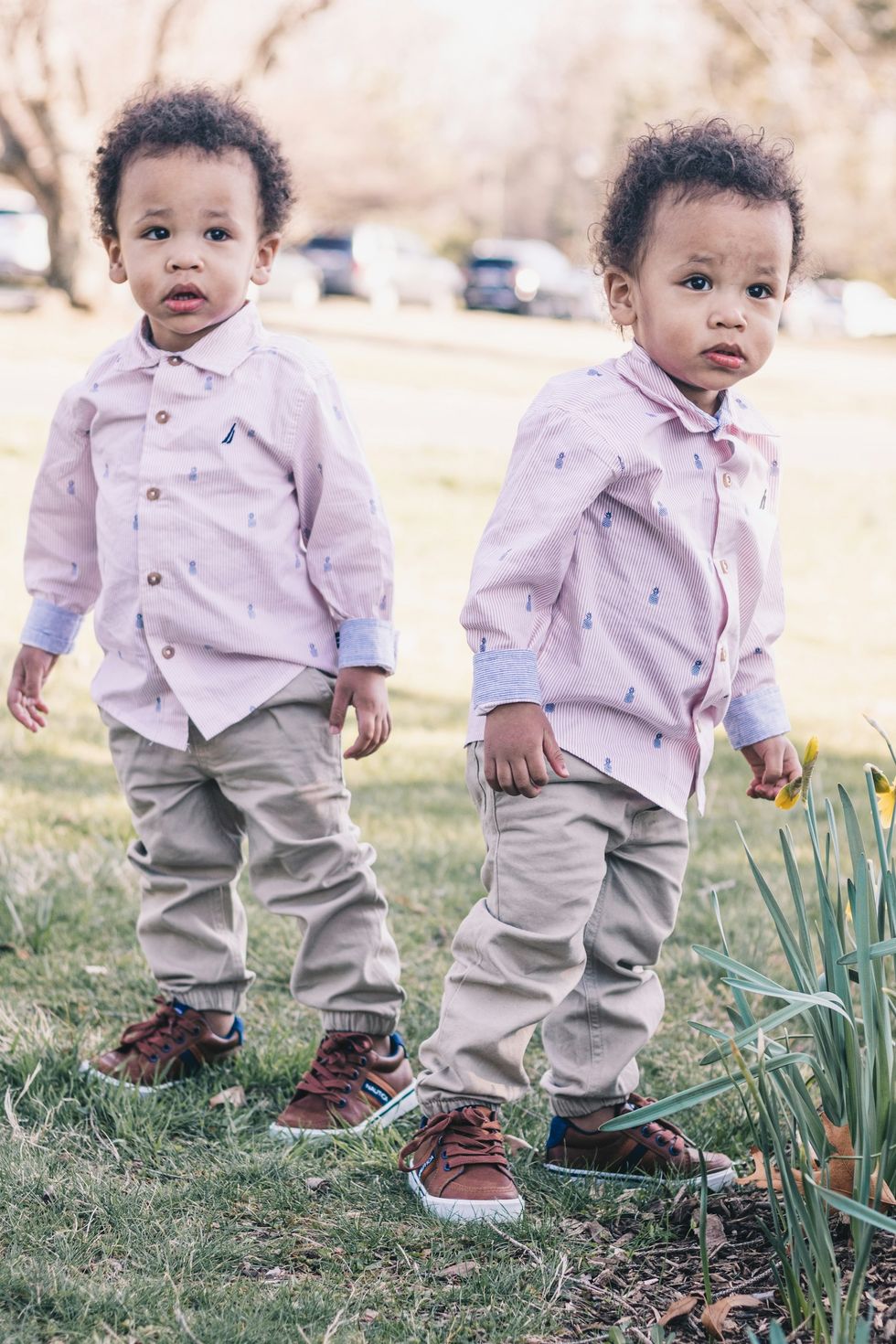 Representative photo by luis arias |
Representative photo by luis arias | 
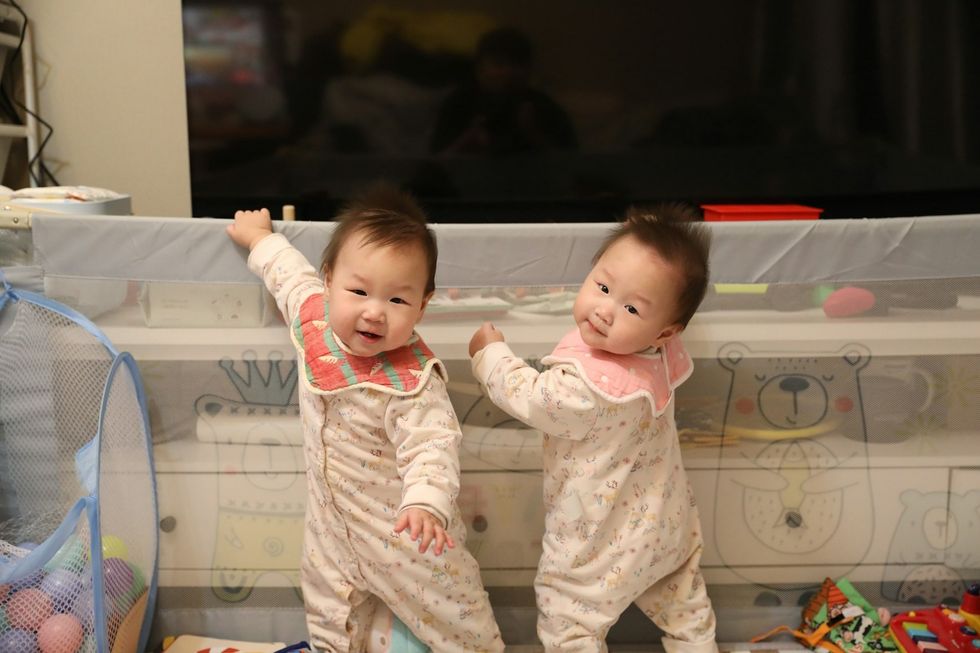 Representative photo by Jamie Lee |
Representative photo by Jamie Lee | 
